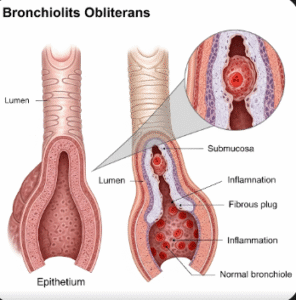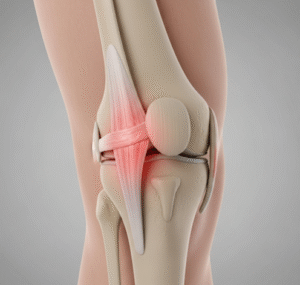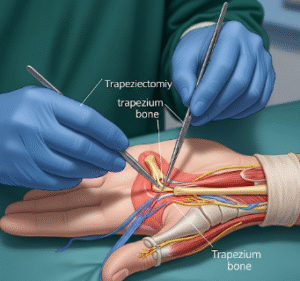Overview
Depression after pregnancy, also known as postpartum depression (PPD), is a mood disorder affecting women after childbirth. It involves persistent sadness, anxiety, and fatigue, which can interfere with the mother’s ability to care for herself or her baby. In Korea, postpartum depression is increasingly recognized, and medical professionals provide screening, counseling, and treatment through obstetrics, psychiatry, and community health programs.
What is Depression after Pregnancy?
Postpartum depression is a clinical depressive disorder that occurs within the first year after giving birth. It is more severe and longer-lasting than the typical “baby blues,” which usually resolve within two weeks. PPD affects mood, thoughts, energy, and the mother’s ability to bond with her baby.
Symptoms
- Persistent sadness or tearfulness
- Anxiety or excessive worry
- Irritability or anger
- Loss of interest or pleasure in activities
- Fatigue and low energy
- Changes in appetite or sleep
- Difficulty bonding with the baby
- Feelings of guilt, worthlessness, or hopelessness
- Thoughts of harming self or baby in severe cases
Causes
- Hormonal changes after childbirth (drop in estrogen and progesterone)
- Genetic predisposition or family history of depression
- Stressful life events or lack of social support
- Sleep deprivation and fatigue
- History of depression or anxiety disorders
Risk Factors
- Personal or family history of depression
- Complications during pregnancy or childbirth
- Lack of support from partner, family, or community
- Financial stress or employment difficulties
- Young maternal age or first-time mothers
Complications
- Impaired maternal-infant bonding
- Developmental or behavioral problems in the child
- Chronic depressive episodes if untreated
- Increased risk of substance abuse
- Relationship strain with partner and family
- Risk of self-harm or suicidal thoughts
Prevention
- Early screening during pregnancy and postpartum visits
- Adequate social and family support
- Education about PPD symptoms and coping strategies
- Healthy lifestyle: balanced diet, rest, and exercise
- Counseling or therapy for at-risk mothers
Treatment Options in Korea
- Diagnosis
- Clinical evaluation by obstetricians, psychiatrists, or psychologists
- Use of Edinburgh Postnatal Depression Scale (EPDS) for screening
- Blood tests to rule out thyroid or anemia-related symptoms
- Medical Treatments
- Antidepressants (SSRIs, SNRIs) safe for breastfeeding when prescribed carefully
- Hormonal therapy in selected cases
- Hospitalization in severe cases for intensive care
- Psychological Therapies
- Cognitive Behavioral Therapy (CBT)
- Interpersonal Therapy (IPT)
- Support groups for new mothers
- Rehabilitation & Support
- Community health programs providing home visits and counseling
- Education and support for partners and family members
- Postpartum follow-up appointments to monitor progress













